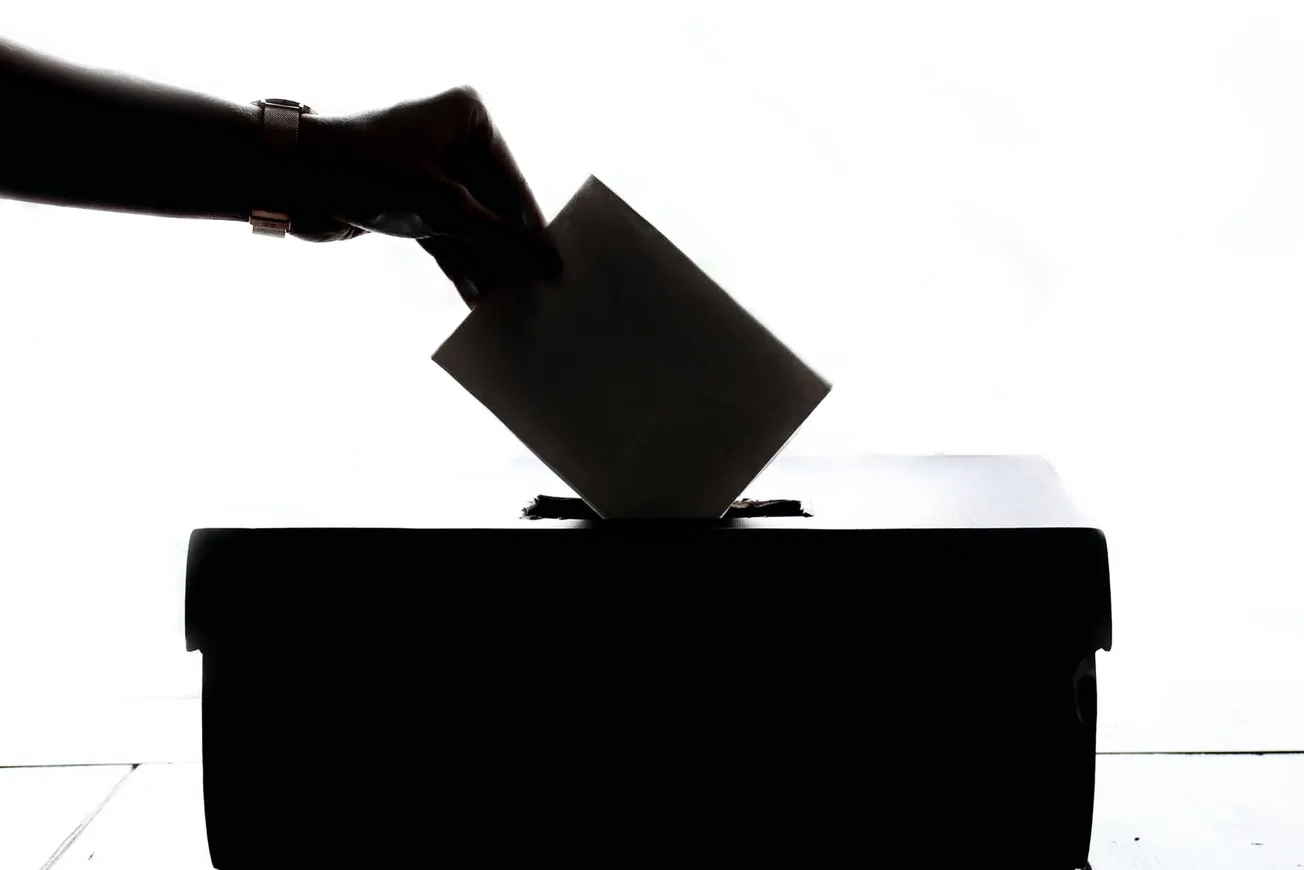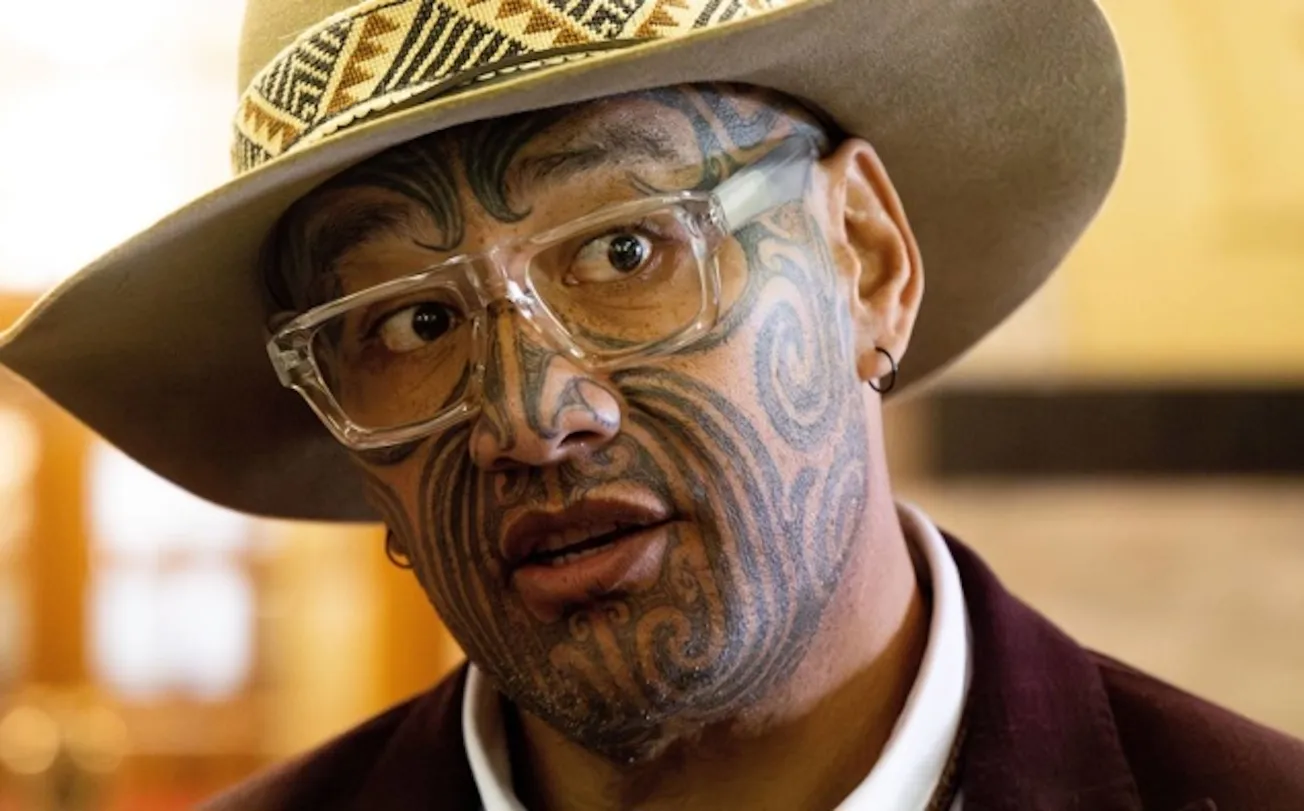Table of Contents
Dr Muriel Newman
After six years of the Labour’s lies, bullying and deceit, New Zealanders have overwhelmingly voted for change.
Labour’s party vote has been slashed from 50.1 per cent in 2020 to 26.8 per cent on the provisional figures. The party was decimated in the electorates losing 28 of their 45 seats. With 17 constituencies and 17 list seats, they now have only 34 seats in Parliament down from 65 in 2020.
With voter turnout falling to an estimated 78.4 per cent from 82.2 per cent in 2020, it appears many disillusioned Labour supporters stayed at home.
The Green Party scooped up some disgruntled Labour voters to win 10.78 per cent of the party vote, up from 7.9 per cent in 2020. As a result, they will have 14 seats in Parliament – up from 10 – including three electorate seats, up from one.
The Maori Party scored major victories in the Maori electorates, winning four out of the seven Maori seats, up from one in the last Parliament. With 2.6 per cent of the party vote – more than double their 1.2 per cent 2020 result – the Maori Party is only entitled to three Parliamentary seats. As a result, their fourth has created a one-seat overhang in Parliament.
This week’s NZCPR Guest is political commentator and former local body councillor Frank Newman, who shares his election analysis and explains the significance of the Maori seat result:
“The biggest talking point of the election is the battle for control of the Maori seats.
“That fight was vividly expressed in the seat of Hauraki-Waikato. Nanaia Mahuta has been defeated and without a list seat as a life-line, is out of Parliament. Mahuta held the seat for 27 years. She has been defeated by Hana-Rawhiti Maipi-Clarke who will be the youngest MP at 21. She represents the new generation of radical Maori that are now aggressively challenging their more conservative elders. The departure of Mahuta would be a cause for celebration if it were not for the fact that she is being replaced with a member of a party that is even more radical and anti-democratic.
“The losses are a massive blow for Labour. None of Labour’s Maori seats are safe from the Maori Party offensive. No doubt they will be looking for a clean sweep in 2026.
“Ironically, Labour has massively advanced the Maori agenda since 2020. The He Puapua blueprint for co-governance that Labour had concealed from the public prior to the 2020 election had been put into effect throughout the government service. That radical initiative was clearly not radical enough for the extremist Maori Party.”
Frank explains that thirty of the 121 MPs in the new 54th Parliament have Maori ancestry – that’s 25 per cent: the Maori Party has 100 per cent, New Zealand First 50 per cent, the Greens 36 per cent, ACT 27 per cent, Labour 26 per cent, and National has 10 per cent.
“The obvious question is why we need the Maori seats at all when Maori are overrepresented in Parliament via the general seats. The argument for the abolition of the Maori seats in Parliament (and on local councils) is even more compelling if one accepts these seats have become vehicles for radical factions intent on undermining our democracy. The Maori Party only gained 2.6% of the vote despite Maori representing 17% of the general population so it cannot be said that they represent Maori or have a mandate to speak for or on behalf of Maori.”
Frank is right. Radicals have captured the Maori seats. New Zealanders need to ask if the Maori seats are helping Maori, or whether they are helping subversive elements within our society to spread their divisive and destructive agenda. A referendum on the future of the Maori seats is surely needed as a priority.
The election has delivered to New Zealand a new Prime Minister. Christopher Luxon will become the country’s forty-second PM. National’s election night party vote was 38.95 per cent, up from 25.6 per cent in 2020. They won 45 electorate seats – up from 23 in 2020 – and 5 list seats, giving them 50 seats in Parliament, up from 33 at the last election.
ACT has risen to its highest level yet, winning 9 per cent of the party vote – up from 7.6 per cent – entitling them to 11 MPs in Parliament, one more than in 2020. ACT also won two electorate seats this time around – Epsom and Tamaki, giving them a stronger base in Auckland.
New Zealand First was another election success story, winning back a place in Parliament, after being wiped out in 2020. They received 6.46 per cent of the party vote, entitling them to 8 list MPs.
On election night Winston Peters indicated to Christopher Luxon that they were there to help.
The ‘wasted’ vote for the minor parties, which amounted to 5.3 per cent, was effectively reallocated to parties in Parliament.
An estimated 567,000 special votes – 20.2 per cent of total votes cast – won’t be counted until November 3rd. Since they include many students, who study away from home, these votes, which traditionally favour Labour and the Greens, could tip the balance in a number of tight electorate races.
Furthermore, thanks to the vagaries of electoral law the number of Parliamentary seats will increase to 122 when the Port Waikato by-election is held on the 25th of November.
As a result of these factors, National and ACT would need 62 seats in a 122-seat Parliament to govern alone. At the present time, they hold 61 seats. While National is expected to win the by-election, in 2020, as a result of the special votes, they lost two seats. It therefore seems likely that National will bring New Zealand First within its coalition.
So what does all this mean?
New Zealanders categorically voted Labour out of government. So while their dreadful reign is over, the serious damage they have done to our democracy through their fixation with Maori privilege and their disregard for public sentiment, remains.
The Hipkins-Ardern Government, which has surely been the worst in our history, appeared blind to the anger they created. Jacinda Ardern, their greatest asset turned into their greatest liability. But by the time she – or more likely party strategists – realised they could not win with her as leader the damage had already been done.
Without a doubt, Chris Hipkins was given a hospital pass. The public had already lost trust in Labour by the time he took over. Voters had realised that while virtually none of their promised policies – like ending child poverty or building 100,000 homes – had been realised, a secret co-governance agenda that divided New Zealanders by race had instead been forced onto the country.
Since Labour could not campaign on their record, nor with any credibility on political promises, given their six years of incumbency, their strategy was to attack. They hoped that by undermining the credibility of the alternative government, they might win by default.
Their relentless assault on National and their potential partners, not only drew attention away from their policy failures, but also from the extremism of their own “coalition of chaos” with the radical Greens and Maori Party.
And they had the media on their side.
In fact, the performance of much of the mainstream media throughout the campaign was appalling. Instead of scrutinising the government and holding them to account for their failure to deliver, they aggressively attacked the alternative government.
While we all know that the media as a whole is biased to the left – as indicated by journalists themselves in the latest World of Journalism study – what we saw during the campaign appeared to be manipulation against a change of government.
Whether this was in part due to the fact that Labour’s $55 million Public Interest Journalism Fund ran right through the election period – and is scheduled to continue through the first year of the new government, only ending in January 2026 – is not known. But since PIJF recipients are required to “Actively promote the principles of Partnership, Participation and Active Protection under Te Tiriti o Waitangi acknowledging Maori as a Te Tiriti partner”, the effect was to mute opposition to co-governance in the mainstream media, even though it had become a major election issue.
Reviewing this funding and its implications for the freedom of expression in New Zealand is just one of the many issues that will need to be addressed by Prime Minister Luxon and his team, since an independent and unbiased mainstream media is fundamental to the health of any democracy.
In fact, it will fascinating to assess whether the level of media scrutiny of the new government will be equivalent to what Labour was subjected to, or whether the bias against them that was evident during the campaign will continue. If it does, that will no doubt strengthen the independent media that has emerged over the last three years to fill the gap created by the failure of traditional media to provide balance.
In the run up to the election there was, of course, a great deal of interest in the polls. While some overestimated the votes of Labour and the Greens, and underestimated National, they all correctly identified a change in government.
So, what does the future hold?
The Labour Party has been decimated and will take time to refresh and rebuild. It’s a process that’s likely to span two terms of Parliament – the second, to bring in new talent.
The Greens have been strengthened but their gains were largely because Labour was punished so heavily. The problem the Greens now have is that they are no longer green – but radicals promoting an extremist woke agenda. Even their co-leader James Shaw, who likes to present himself as moderate and reasonable, is now showing his true colours by threatening violence if the new government tries to hold a referendum on the principles of the Treaty of Waitangi.
The President of the radicalised Maori Party also threatened violence if democracy prevails, and a referendum goes ahead.
Meanwhile, Australians have shown us that the democratic process can be used to stop government attempts to divide the country by race. The Prime Minister’s plan to enshrine Aboriginal rights in their constitution was defeated last Saturday by 60 per cent of the votes in The Voice referendum to 40 per cent. It was also categorically rejected it in all six states.
What New Zealanders now need to consider is that even though the most destructive government in our history has been defeated, they have left democracy in a parlous state. It has been undermined by the co-governance agenda driven by a radical cabal of Labour’s Maori MPs, led by members representing the Maori seats. Through their co-governance arrangements, Labour has given unelected and unaccountable representatives of multi-million-dollar tribal business corporations, power over our lives.
Not only should all such arrangements, throughout the public and private sectors, be disestablished as a matter of urgency, but democracy itself must be strengthened to ensure this can never happen again.
In light of the radicalisation of the Maori seats and warning of the 1986 Royal Commission on the Electoral System that Maori would gain a disproportionate influence in an MMP Parliament if the Maori seats were not abolished, since every party forming the new government has, at one time or another, promised a referendum on the future of the Maori seats, isn’t it time it was now held?
With local body elections set for October 2025, a referendum asking the public whether or not Maori seats should be retained, should be held next year, so it can impact on those elections as well.
Democracy belongs to the people and these matters are too important for us not to have a say.
Kiwis do not want to be divided by race. Let’s hope our new government has the commitment and the courage to restore our democracy and rebuild our country so we can once again stand united and proud to call ourselves New Zealanders – first and foremost.








